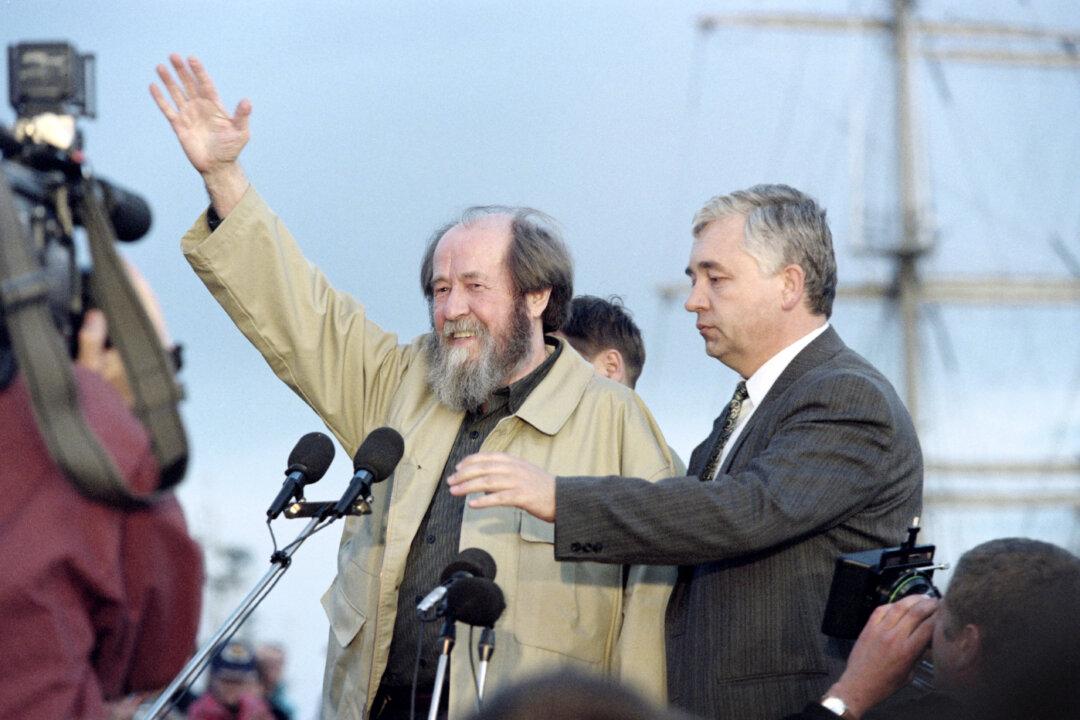Commentary
Viewpoints
Opinion
From Western Traditions to Political Indoctrination: A Cultural History of Education
Part 6: Something needs to be done!

Students on the lawn of a college campus in a file photo. , writes Mark Mercer. Leigh Trail/Shutterstock




